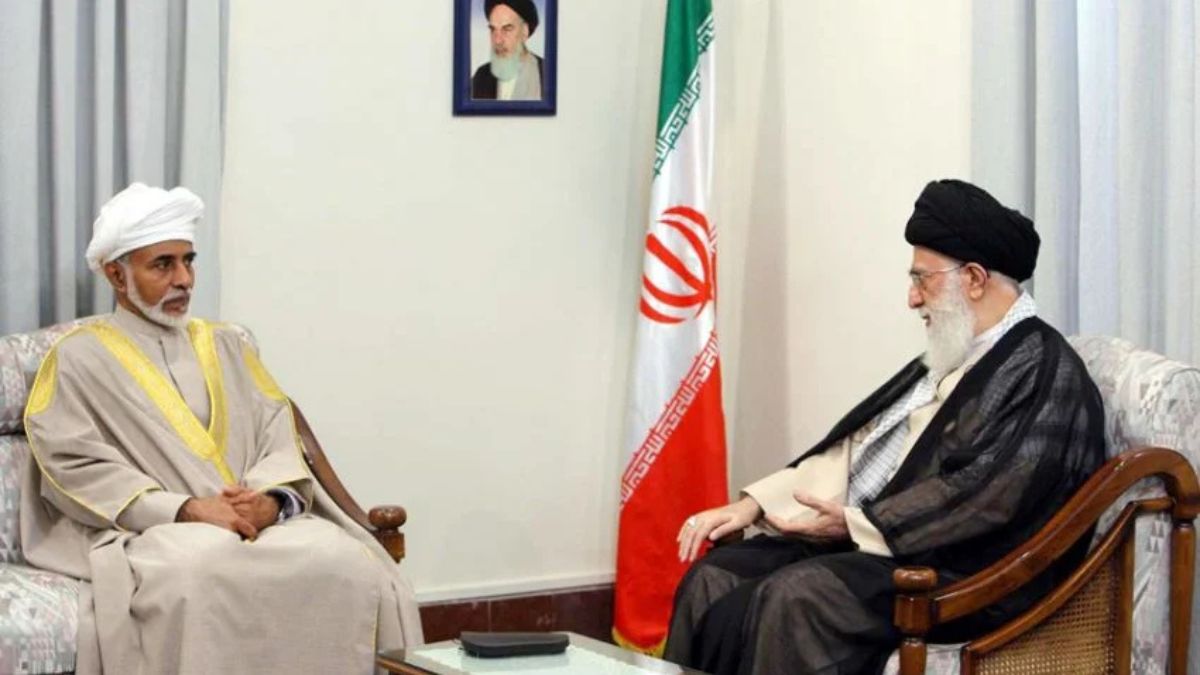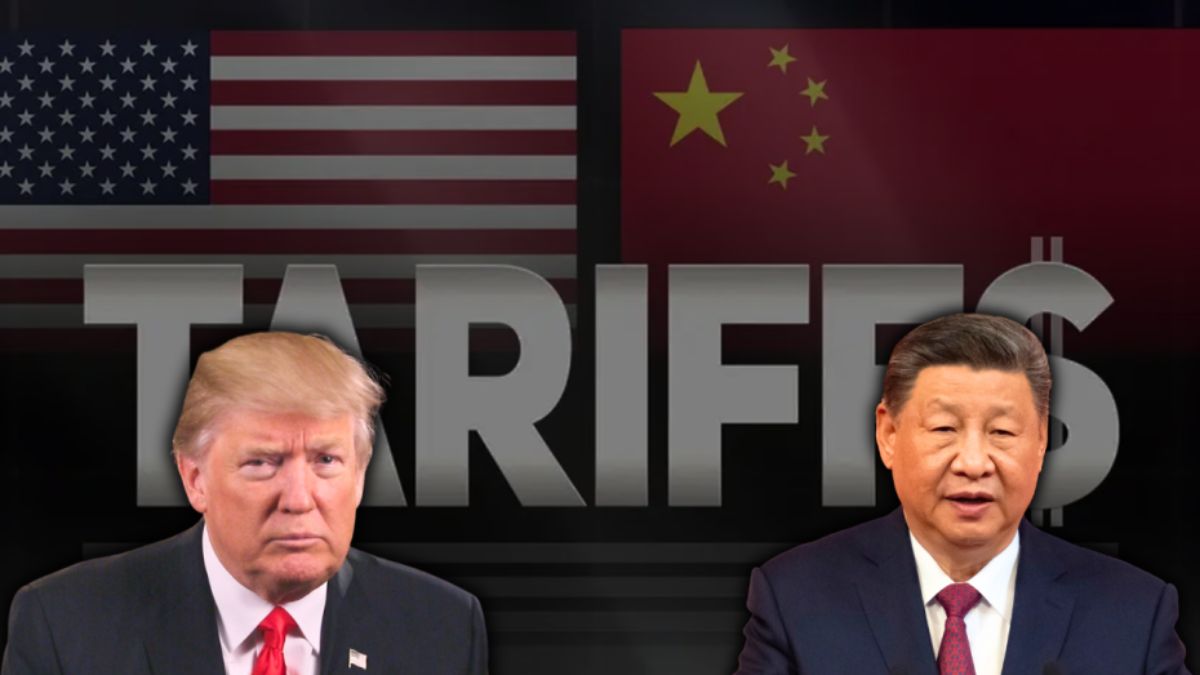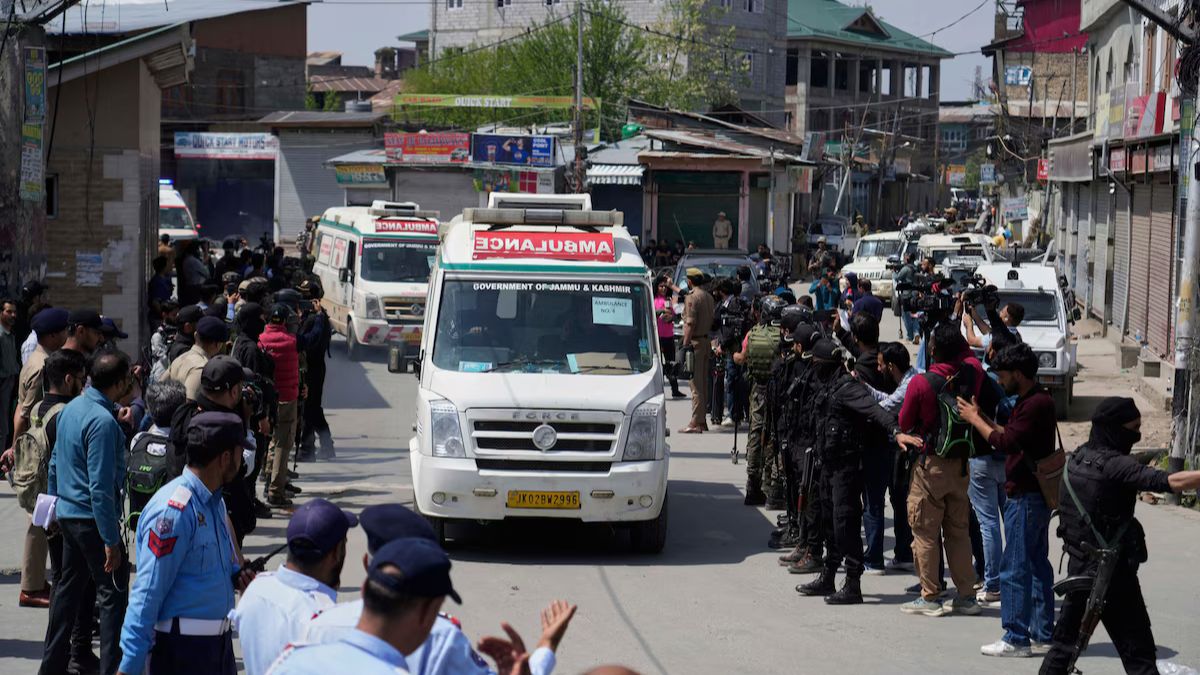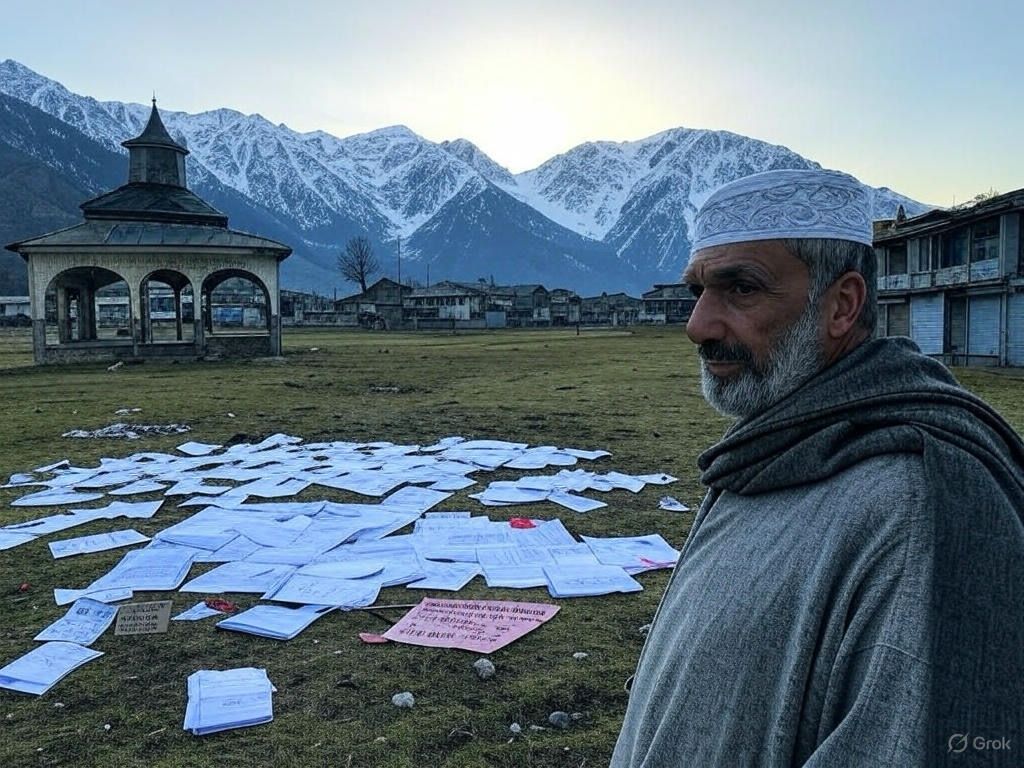Talks Return to the Sultanate: Why Oman?
Let’s cut to the chase when Iran and the U.S. want to talk without the cameras and the clowns, they go to Oman. And no, it’s not because the beaches are nice this time of year. Muscat has a knack for playing neutral barkeep in the world’s ugliest bar fight, and that’s exactly what’s happening this weekend. As both countries tiptoe toward the edge of a nuclear showdown, their technical teams are huddling again in this quiet corner of the Gulf.
This isn’t some grand diplomatic gala. It’s quiet. Careful. And desperate.
Neither side has bothered to explain why Muscat’s on the map again, but you don’t have to be a genius to see it. Rome last weekend’s venue was crawling with paparazzi and still mourning Pope Francis. Iran’s state TV practically threw a tantrum about the media circus outside its embassy there. So Oman it is discreet, distant, and just shady enough to get real work done.
What’s At Stake? Oh, Just the Future of the Middle East
At the heart of the matter is Iran’s nuclear program. Again.
Iran’s been enriching uranium like there’s no tomorrow and if this thing goes south, there might not be one. Their stash is flirting with weapons-grade levels. The U.S., meanwhile, is dangling the carrot of sanctions relief. That is, if Iran agrees to put the brakes on its nuclear efforts. The alternative? Trump has made it crystal clear: airstrikes. Real ones. Not Hollywood.
And this isn’t some empty threat. Israeli jets have already turned Iranian labs into smoking holes before, and they’re itching for a rerun.
“We’ve Suffered Enough”
Back in Tehran, regular people are clinging to a sliver of hope.
“It’s OK to negotiate, to make the nuclear program smaller or bigger, and reach a deal,” said Tehran resident Farzin Keivan. “Of course we shouldn’t give them everything. After all, we’ve suffered a lot for this program.”
That’s not a revolutionary slogan it’s exhaustion talking. Inflation, sanctions, unemployment you name it, Iran’s people have bled for this so-called peaceful program. They’re tired of slogans. They want food on the table and maybe a shot at a normal life.
But let’s be real “normal” hasn’t visited Iran in decades.
The China-Russia Handshake: Iran’s Silent Insurance Policy
While the U.S. was busy sulking over leaked emails and old alliances, Iran was touring Moscow and Beijing.
Yes, Araghchi made the rounds. First the Kremlin, then the Forbidden City. On Thursday, diplomats from all three countries sat down with the IAEA the folks who are supposed to make sure nobody’s cooking up nukes behind closed doors.
China’s propaganda machine, also known as Xinhua, framed it like this:
“Political and diplomatic engagement based on mutual respect remains the only viable and practical path for resolving the Iran nuclear issue.”
Translation? “Mind your business, Washington. We’ve got this.”
They even threw in a little nod to Iran’s “right to peaceful nuclear energy.” Which sounds nice on paper until you remember that “peaceful” in geopolitics often means “until we’re ready.”
The Ghost of 2015 and the Deal That Was
Let’s rewind for a moment to 2015, when the world actually agreed on something: the Iran nuclear deal. The U.S., France, Germany, China, Russia, the UK all on one page. Then Trump lit that agreement on fire in 2018, declared it dead, and walked away like a proud arsonist.
Now? The Trump crowd wants a new deal. But here’s the twist they don’t want any enrichment. Zero. Nada.
“If Iran wants a civil nuclear program, they can have one just like many other countries… import enriched material,” said U.S. Secretary of State Marco Rubio on a recent podcast.
It’s a cute theory. Too bad it has no friends in Tehran.
Meet the Negotiators: Old Guards, New Tricks
Iran’s sending heavy hitters. Majid Takht-e Ravanchi and Kazem Gharibabadi—guys who know their way around a centrifuge and a backroom deal. They were both in the trenches during the last round of nuclear talks.
The U.S. team? Not exactly seasoned. Leading them is Michael Anton Trump loyalist, policy wonk, and the guy who once described the 2016 election as:
“Charge the cockpit or you die.”
This is who’s negotiating atomic diplomacy now. A man whose nuclear expertise is slightly less than his gift for dramatic metaphors.
The E3 Left on Read
Remember France, Germany, and the UK? They were part of the original nuclear deal crew, the so-called E3. Well, they’re currently watching this new version of negotiations from the nosebleeds.
Witkoff, the U.S. envoy, hasn’t invited them to the table. Neither did Trump before him. It’s a pattern now. You either fall in line or fall out of the loop.
Still, Araghchi threw them a diplomatic bone:
“The ball is now in the E3’s court,” he posted on X. “They have an opportunity to do away with the grip of Special Interest groups and forge a different path.”
Spoiler: they probably won’t.
“Zero Enrichment” Is a Pipe Dream
Former CIA chief Bill Burns now one of the few grown-ups left in foreign policy called out the fantasy for what it is:
“To hold out for the Libya model is virtually to ensure that you’re not going to be able to reach an agreement.”
He’s not wrong. Libya gave up its nukes and got chaos in return. Tehran’s watching that movie and saying, “No thanks.”
Meanwhile, in Gaza…
And let’s not forget the elephant in the war room—Israel. While Iran talks shop in Muscat, Israel is pounding Gaza into the dust. Netanyahu is always lurking in the wings, ready to pull the plug on diplomacy with a well-timed airstrike.
KAN, Israel’s state broadcaster, reported military drills this week just in case Iran gets any bright ideas. It’s the kind of chess game where every move could set the board on fire.
Araghchi knows this. That’s why he wrote this on X:
“Our security services are on high alert given past instances of attempted sabotage and assassination operations designed to provoke a legitimate response.”
Translation: “We know they’re watching. And we’re watching back.”
Muscat Isn’t the End It’s the Test
Let’s be clear nobody expects Muscat to end this crisis. This isn’t a magic carpet ride to world peace. It’s a test. A test of whether the U.S. and Iran can still do business through the noise, the threats, and the mounting body count in the region.
The real question? Not whether they want peace.
It’s whether they fear war more.




